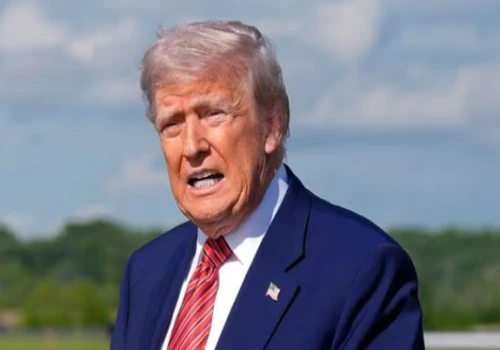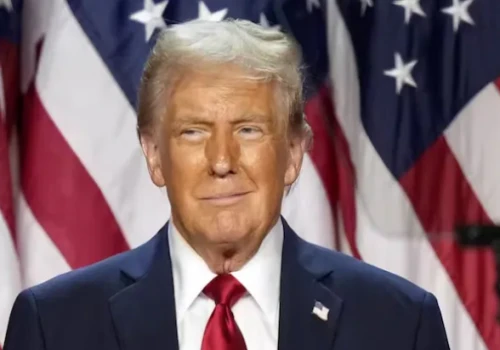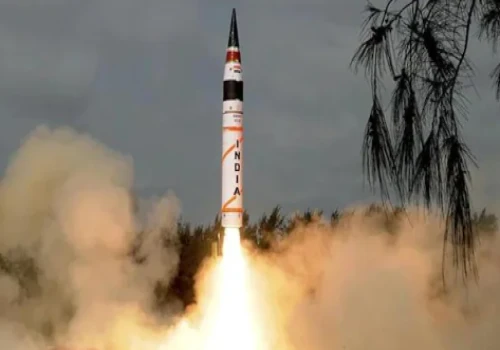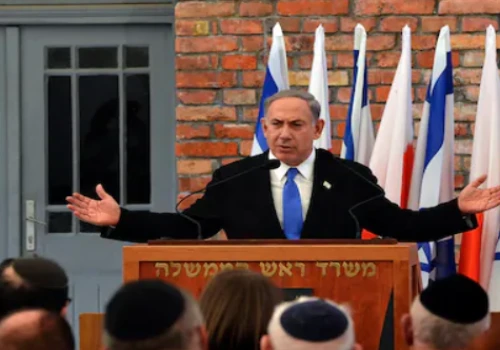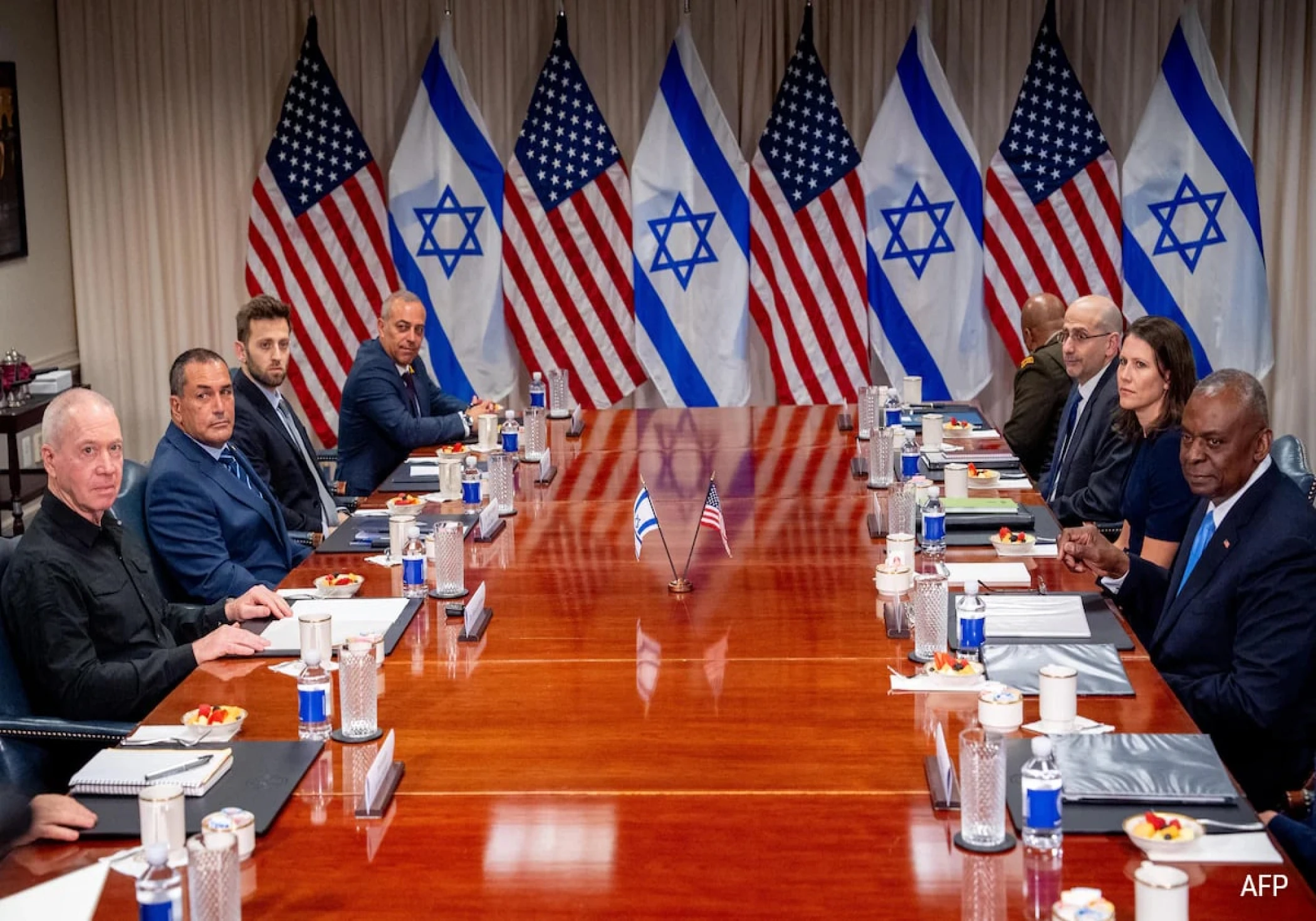
As Israel and Hezbollah Exchange Fire, US Warns of "Terrible Consequences"
In recent days, tensions have escalated sharply along the Israel-Lebanon border, as Israel and Hezbollah have engaged in a series of retaliatory strikes. This sudden flare-up of violence has prompted international concern, with the United States issuing a stark warning about the potential for "terrible consequences."
The Escalation
The recent hostilities began with an exchange of fire between Israeli forces and Hezbollah militants. According to reports, Hezbollah launched several rockets into northern Israel, targeting military installations and civilian areas. In response, the Israeli Defense Forces (IDF) carried out airstrikes on suspected Hezbollah positions in southern Lebanon.
This exchange marks one of the most significant escalations between Israel and Hezbollah in recent years. The violence has already resulted in casualties on both sides, including civilian injuries, and has stoked fears of a broader conflict in the region.
Hezbollah's Stance
Hezbollah, the powerful Shiite militant group backed by Iran, has long been a formidable force in Lebanon. The organization has justified its recent attacks as a response to Israeli provocations and violations of Lebanese sovereignty. Hezbollah leader Hassan Nasrallah has vowed to continue resisting Israeli aggression, signaling that the group is prepared for further confrontation.
Israel's Response
The Israeli government has emphasized its right to defend its citizens and territory from attacks. Prime Minister Benjamin Netanyahu stated that Israel would not tolerate any attempts to harm its people and would take all necessary measures to protect its security. The IDF has been placed on high alert, and additional troops have been deployed to the northern border.
US Involvement
In the wake of these developments, the United States has expressed deep concern about the potential for a wider conflict. Secretary of State Antony Blinken urged both parties to exercise restraint and engage in dialogue to de-escalate the situation. He warned that continued violence could lead to "terrible consequences" for the entire region, highlighting the risk of a broader war that could draw in other countries.
The US, a staunch ally of Israel, has also reiterated its support for Israel's right to self-defense. However, the Biden administration has called for a balanced approach, encouraging both sides to avoid actions that could further inflame tensions.
International Reactions
The international community has largely echoed the US call for restraint. The United Nations has urged both Israel and Hezbollah to adhere to the ceasefire agreement established after the 2006 war. European Union leaders have also expressed concern, urging a return to diplomatic efforts to resolve the underlying issues.
Humanitarian Concerns
The renewed violence has raised significant humanitarian concerns, particularly for civilians living in the affected areas. Both northern Israel and southern Lebanon are home to communities that have suffered from previous conflicts. Humanitarian organizations have warned that a protracted conflict could exacerbate an already dire situation, displacing families and disrupting access to essential services.
Conclusion
As the situation remains tense, the prospects for a peaceful resolution appear uncertain. The exchange of fire between Israel and Hezbollah has underscored the fragile nature of the region's security and the ever-present risk of escalation. The international community, led by the United States, is closely monitoring the developments and pushing for a return to dialogue and restraint to prevent a broader conflict with potentially catastrophic consequences.

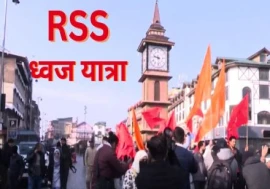

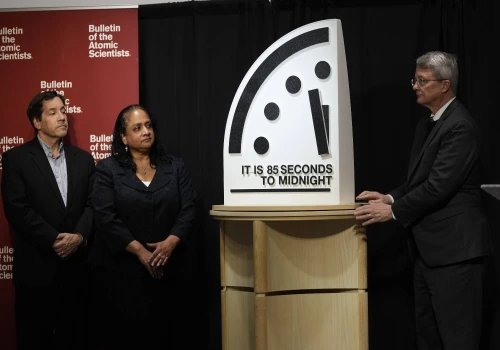

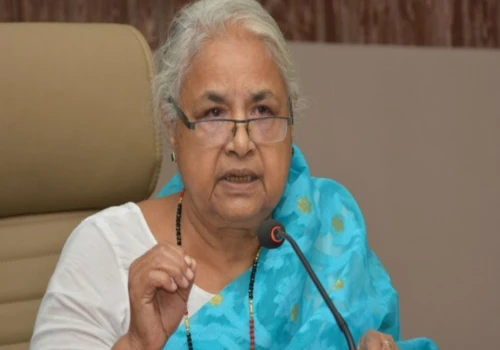
_500_x_350.webp)

